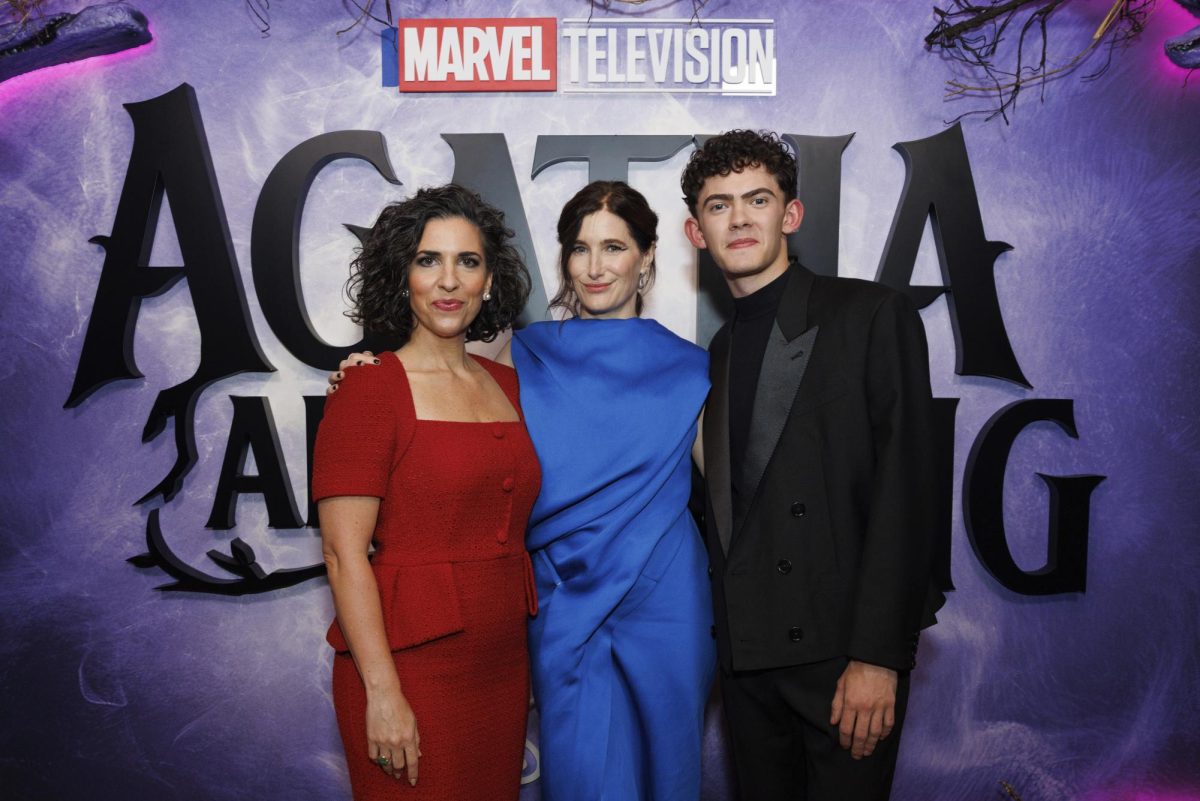The Marvel Cinematic Universe had a good run.
That good run ended in 2019 with the release of “Avengers: Endgame,” which should have been a fitting end to the most successful film franchise ever. Unfortunately, since “Endgame,” the MCU has begun a truly terrible run, releasing mediocre-at-best movies and subjecting fans to their creatively bankrupt multiverse.
That run continued with the Sept. 18 to Oct. 30 release of “Agatha All Along,” a middling show that will likely be forgotten come January. The series is a spin-off of “WandaVision,” one of the few recent Marvel releases that showed promise, but neither show could escape from the weight of the convoluted multiverse.
The multiverse – Marvel’s lazy excuse to keep the MCU on life support – is the buzzword attached to the MCU’s phases four and five, the era of Marvel films and shows that have been releasing since “Endgame.”
The premise is that the Earth featured in the first three phases of the MCU – the “Infinity Saga” – is one in a line of many alternate-universe Earths. “Dr. Strange in the Multiverse of Madness” explores some of these alternate universes, with the heroes and villains hopping from world to world, interacting with new characters who don’t exist in the central Earth-616.
From a studio exec’s point of view, the appeal of the multiverse is obvious. The MCU can continue to release project after project, and Marvel can change plots without retconning important information and continue to profit without restarting the series’ progress.
From the audience’s point of view, though, the multiverse turns the MCU that once captured the American zeitgeist into a confusing jumble of overlapping timelines and constantly-shifting casts of characters.
In the 2010s, the MCU thrived because its movies were accessible. People who had never read a comic book could go to “Avengers” or “Iron Man” and enjoy themselves because the films’ plots were simple and the characters were popular.
Anybody could quickly understand the heroes and the villains without needing to watch every second of every piece of Marvel media. The charismatic, witty protagonists were fighting the mustache-twirling antagonists. It was black and white.
Now, try to explain to the same mainstream audience who could barely manage seven iconic leads and one overarching villain that, now, Captain America is a different Captain America, Falcon is also a different guy, every world leader is secretly an alien, the actor who played Iron Man is now playing a totally different villain, and spinoff series now have spinoff series.
It’s impossible – and alienating. Sure, Marvel diehards will watch every MCU project until the sun explodes, but Marvel isn’t going to be able to lure that mainstream audience to a paid monthly subscription to Disney+ to watch “Agatha All Along,” a seven-hour-long show that requires another dozen hours of context.
Why should the average person who saw Tony Stark die five years ago buy a ticket to “The Marvels”? They watched the Avengers beat Thanos, the big bad who the whole series was building up to, in 2019.
They don’t care about Kang. They don’t care about the Thunderbolts. They don’t care about Agatha Harkness.
The MCU doesn’t have much left. Beyond their Spider-Man movies, where star Tom Holland has aged out of his role as a plucky high-schooler, and their occasionally-solid flicks like “Guardians of the Galaxy Vol. 3,” Marvel has to face the reality that, at some point, they will run out of ideas.
And, to someone who has lost the thread of the 20-something MCU projects that have dropped in the past several years, it can’t happen soon enough.


